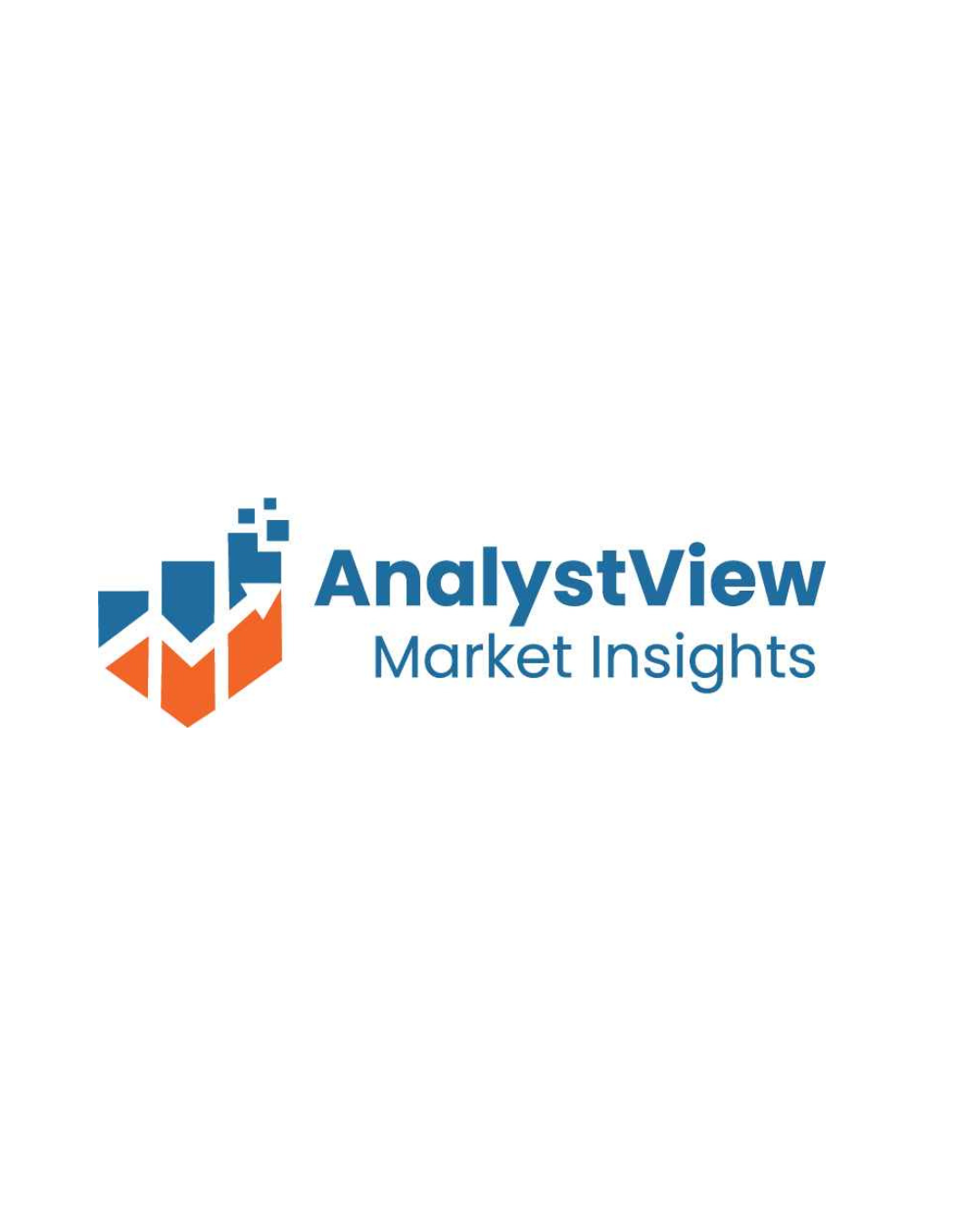The Refurbished Lab Equipment Market has emerged as a critical enabler of scientific advancement by providing cost-effective, reliable, and sustainable solutions for laboratories across academic, healthcare, industrial, and research sectors. As the demand for sophisticated scientific instrumentation continues to rise, many institutions are turning to refurbished alternatives to stretch budgets without compromising on quality or performance.
Refurbished laboratory equipment refers to pre-owned scientific instruments that have been carefully restored to near-original working condition. These systems are typically reconditioned by certified resellers, original equipment manufacturers (OEMs), or third-party service providers with the technical expertise to repair, calibrate, and validate devices according to stringent performance and safety standards. As such, refurbished units offer a compelling value proposition for institutions seeking dependable equipment with reduced financial and environmental costs.
Market Overview
The Refurbished Lab Equipment Market was valued at US$ 24,920.44 million in 2024, and is expected to grow at a CAGR of 5.96% from 2025 to 2032. Growth is being driven by rising laboratory demand in developing regions, increasing pressure to minimize capital expenditures, and growing awareness of circular economy practices in the scientific community.
From high-performance liquid chromatography (HPLC) systems and spectrophotometers to centrifuges, incubators, and biosafety cabinets, a wide range of laboratory instruments are now available as refurbished options—often at 30–70% of the cost of new units.
Market Drivers
1. Cost Savings and Budget Constraints
Scientific research and diagnostics are equipment-intensive fields that require frequent investment in precision instruments. However, budget allocations—particularly in academia, small research firms, and non-profits—often fall short of the rising prices of new analytical and life science equipment.
Refurbished lab equipment enables these organizations to access advanced technologies at a fraction of the cost. This democratization of lab infrastructure allows more institutions to conduct cutting-edge research, expand testing capacity, and pursue long-term projects that might otherwise be unaffordable.
2. Sustainability and Environmental Responsibility
The global shift toward sustainability is encouraging laboratories to consider the environmental footprint of their operations. Purchasing refurbished equipment supports the reuse and recycling of valuable materials, reducing landfill waste and the demand for new raw resources.
By extending the life cycle of scientific instruments, refurbished solutions also reduce the energy and emissions associated with manufacturing new equipment. This aligns with green lab certifications, ESG (environmental, social, and governance) goals, and institutional sustainability mandates.
3. Proven Reliability and OEM-Grade Performance
One of the primary concerns with pre-owned equipment has traditionally been reliability. However, reputable refurbishers now follow stringent protocols, including:
- Cleaning and surface restoration
- Replacement of worn or damaged components with OEM parts
- Calibration using traceable standards
- Functional and performance testing
- Final validation and quality assurance reports
In many cases, these systems perform at levels comparable to new units and include warranty coverage and after-sales support. As a result, refurbished equipment has gained wide acceptance among quality-conscious buyers in both regulated and non-regulated environments.
4. Short Lead Times and Global Availability
Supply chain disruptions, semiconductor shortages, and increased demand for lab infrastructure during events such as the COVID-19 pandemic have led to long lead times for new scientific instruments. Refurbished equipment, on the other hand, is often available immediately and ready to ship, helping labs remain agile in fast-paced research and clinical environments.
Refurbished systems are also more widely available globally, particularly in emerging markets, where cost and procurement limitations would otherwise hinder access to advanced lab infrastructure.
Application Areas
Refurbished lab equipment is widely used in:
- Academic and Government Research: Enables educational institutions and publicly funded labs to build high-capacity labs within limited grants.
- Pharmaceutical and Biotechnology: Supports drug discovery, quality control, and biologics research with validated equipment at scale.
- Clinical Diagnostics: Provides hospitals, diagnostic labs, and pathology centers with essential devices such as analyzers and centrifuges.
- Food and Beverage Testing: Used in safety and quality assurance labs for chemical and microbiological analysis.
- Environmental Monitoring: Supports water, air, and soil testing in public and private labs conducting environmental compliance assessments.
Regional Insights
- North America leads the refurbished lab equipment market due to a large installed base of scientific instruments and the presence of key refurbishers. U.S.-based companies have developed robust channels for resale, servicing, and logistics.
- Europe is following suit, with sustainability policies encouraging reuse and recycling of lab equipment. EU institutions are particularly active in green procurement practices.
- Asia-Pacific is the fastest-growing region, driven by rapid expansion of academic, pharmaceutical, and diagnostic infrastructure in countries like India, China, and South Korea. Refurbished solutions enable these nations to quickly scale capabilities at a manageable cost.
- Latin America and Africa are emerging markets with increasing demand for affordable, high-quality lab instruments in clinical and educational sectors.
Key Industry Players
The Refurbished Lab Equipment Market features a mix of OEMs, third-party refurbishers, and specialized resellers. Leading market participants include:
- Thermo Fisher Scientific Inc. – Offers certified pre-owned lab equipment through its extensive reseller network and partners.
- American Laboratory Trading Inc. – Specializes in refurbished scientific instruments with a focus on quality, service, and support across the U.S.
- ARC Scientific LLC – Provides reconditioned laboratory equipment to academic and commercial research labs globally.
- American Instrument Exchange – Known for a wide selection of inspected and warranted refurbished devices across categories.
- Spectralab Scientific Inc. – Focuses on chromatography, spectroscopy, and analytical instrumentation, serving North American and international clients.
These companies typically offer service contracts, extended warranties, installation, and technical support, helping buyers navigate procurement with confidence.
Challenges and Considerations
While the refurbished lab equipment market is gaining traction, it is not without challenges. These include the risk of inconsistent refurbishing standards, lack of original documentation, and limited upgrade options. Buyers must vet vendors carefully, prioritize traceability, and ensure compliance with local safety and calibration standards—especially when instruments are intended for regulated environments like clinical diagnostics or pharmaceutical manufacturing.
Browse more Report:
Automotive E-E Architecture Market
Auto Collision Estimating Software Market
Joint Reconstruction Devices Market
Smart Nano-Construction Materials Market

